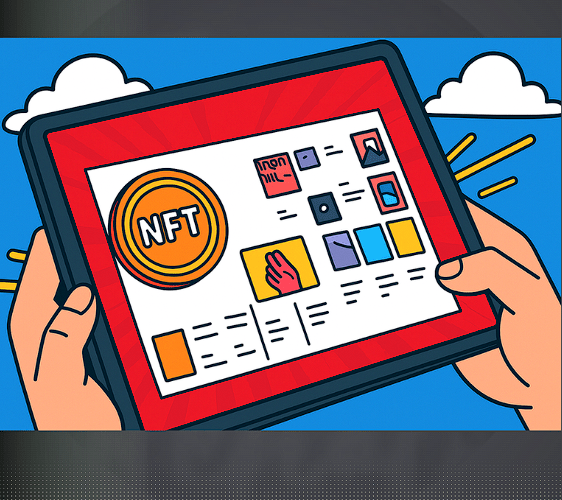A US federal court has ruled that the Bored Ape Yacht Club (BAYC) NFTs and ApeCoin do not qualify as securities, providing long-awaited legal clarity for the digital asset industry. The decision, delivered by Judge Fernando M. Olguin in California, dismissed a 2022 lawsuit against Yuga Labs that accused the company of conducting unauthorized securities sales and misleading investors. This ruling marks a significant victory for Yuga Labs and could shape the broader legal framework surrounding NFTs.
Court’s Reasoning
The court determined that BAYC NFTs and ApeCoin failed to meet the requirements of the Howey Test, which is used to assess whether an asset should be classified as a security. Judge Olguin rejected the plaintiffs’ argument that purchasing BAYC NFTs was equivalent to investing in Yuga Labs with the expectation of profit. The ruling emphasized that discussions around price trends or transaction volumes do not automatically create investment expectations. Additionally, features like community access, membership perks, or cultural value were not sufficient to categorize the NFTs as securities.
Yuga Labs’ approach of framing BAYC as a digital collectible rooted in cultural identity, social status, and ownership combined with a one-time purchase structure and no profit-sharing mechanism played a crucial role in the court’s decision.
Impact on the NFT Market
The ruling sets an important precedent, indicating that NFTs can fall outside the scope of securities regulation when marketed responsibly and backed by clear utility. This perspective could limit class action lawsuits and help define the boundaries of regulatory oversight. Industry voices, such as commentator Rain, highlighted that the ruling establishes a clearer line between NFTs and traditional financial instruments, potentially influencing how future NFT projects are developed.
For Yuga Labs, the verdict enhances brand credibility and strengthens its communication and tokenomics strategies. Following the ruling, ApeCoin’s price rose 3.17% in 24 hours, trading at $0.5729, though still far below its all-time high of $39.40 reached in March 2022.
